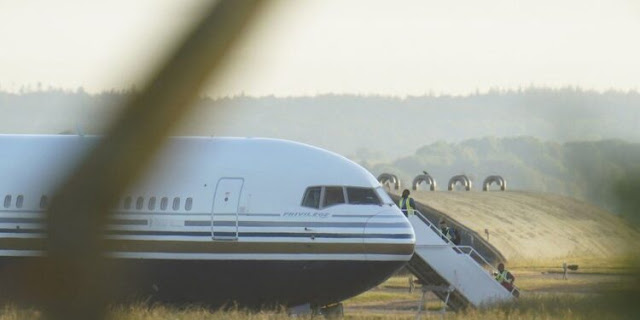Luanda – The Southern Africa Development Community (SADC) will analyse the security and economic integration of the sub-region in its meeting set for 17-18 August.
The 42nd Summit of the Heads of State of SADC, that will take place in Kinshasa, Democratic Republic of Congo (DRC), will focus on the security, the implementation of 20/63 agenda, economic integration and the financial life of the SADC region.
The event will take place under the motto "Promotion of Industrialisation, through Agro-Processing, Transformation of Mineral Resources and Development of Regional Value Chains, for Economic, Inclusive and Resilient Growth".
The Angolan minister of Foreign Affairs, Teté António, who will represent the Head of State at the event, said the partipants will also discuss the issue related to the promotion of industrialisation, a commitment of the Angolan government aimed at sustainable development.
According to him, during the event, Angolan leaders who contributed to the development of Southern Africa will be honoured, including the first President, Agostinho Neto.
As for the talk with US Secretary of State, Teté António explained that the contact was positive because it addressed issues related to some African countries.
SADC comprises South Africa, Angola, Botswana, Democratic Republic of Congo, Lesotho, Madagascar, Malawi, Mauritius, Mozambique, Namibia, Swaziland, Tanzania, Zambia, Zimbabwe and Seychelles.




